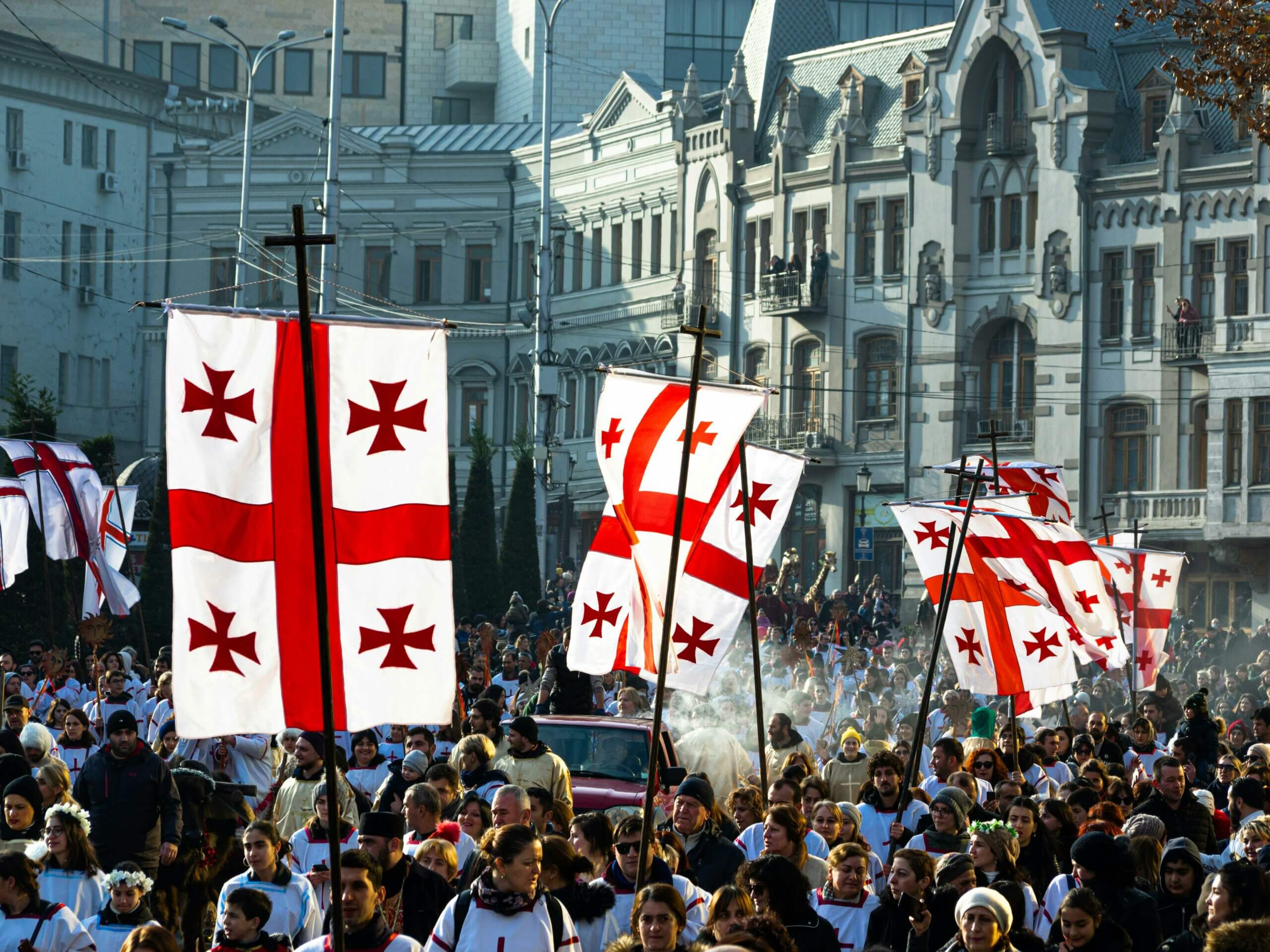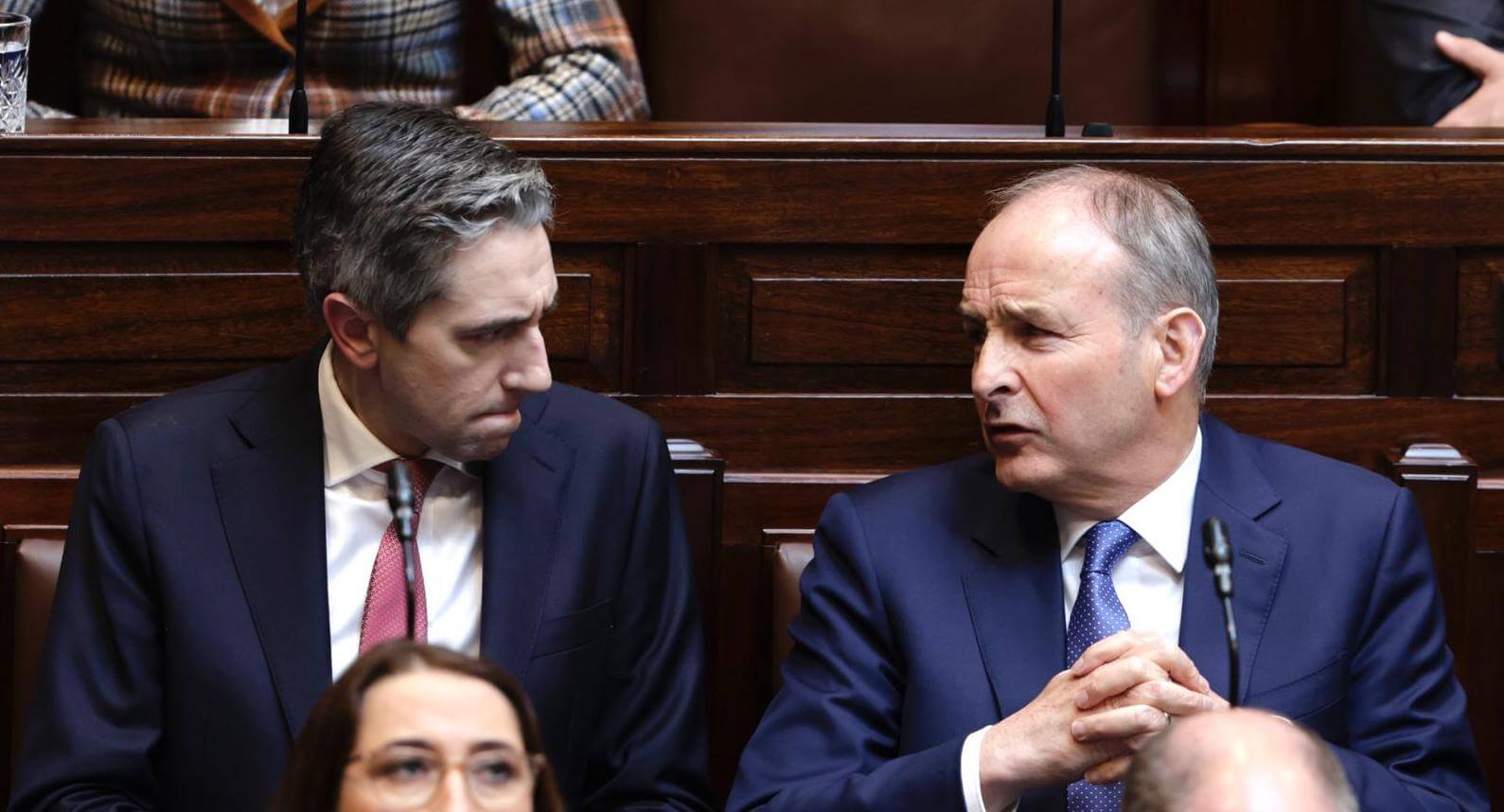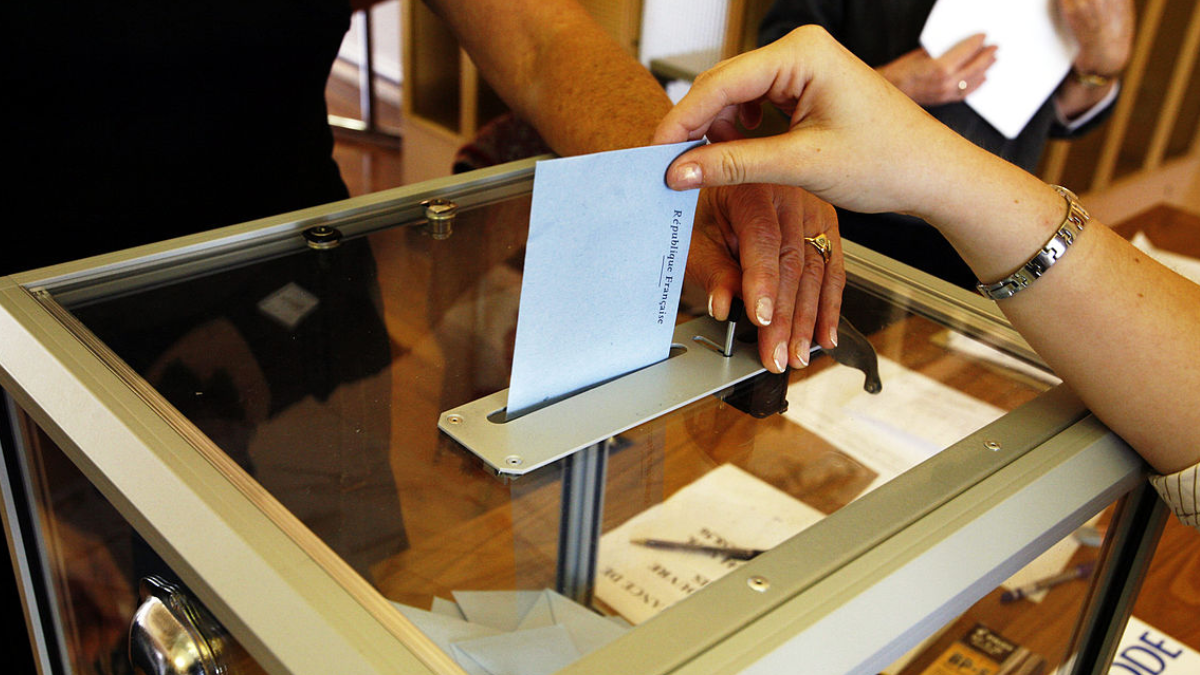Sir Lindsay Hoyle has carefully curated his image since his election as Speaker of the House of Commons in 2019. Elected as the Labour MP for Chorley in 1997, he has been known as a pragmatist, a ‘compromise candidate’, and even referred to as an “embodiment of the British constitution” owing to his rigid adherence to parliamentary practice – a stark break from the tenure of his predecessor John Bercow. That image has come crashing down.
How did we get here?
Hoyle’s handling of the vote by MPs for a motion by the SNP calling for an Israeli ceasefire in Gaza has been highly questioned, and he has faced accusations of being overly influenced by Sir Keir Starmer and his Chief of Staff, Sue Gray – accusations Starmer denies.
On Wednesday, the Scottish National Party (SNP) chose to exercise its right, as the third largest party, to table an opposition day debate. The SNP gets just three of these in a year – and given the party has been so vocal on the topic of Israeli actions in Gaza, its Westminster leader, Stephen Flynn MP, saw this as a prime opportunity to ‘wedge’ Labour on an issue that heavily divides the party.
The Labour Party, eyeing significant gains in Scotland come a general election, was uneasy with the explicit wording of the motion. The Government accepted the motion, making amendments and calling for an ‘immediate humanitarian pause’. Labour also made an amendment, but carefully crafted the terminology used to reflect the sentiment of the SNP, but through different wording. Nearly half of Labour MPs, including two Shadow Ministers, were reportedly expected to vote for the SNP’s motion and deal a blow to Starmer’s leadership. This is the political context of Speaker Hoyle’s controversial decision.
Flying in the face of parliamentary convention and the explicit public advice of the Clerk of the House, Hoyle decided that Labour’s amendment would precede all others. In response, the SNP and many Conservatives protested this decision and withdrew from the House of Commons, abstaining from the vote on Labour’s amendment which eventually passed unanimously among the MPs that remained in the chamber.
Just stop Hoyle
Following this unprecedented process, Hoyle faced backlash from the left and right of the Commons. Hoyle issued a heartfelt apology, professing he made his decision to ensure the safety of all members of the House on this sensitive issue. This caused mayhem. SNP Westminster leader Flynn accused the Speaker of turning the SNP’s opposition day into a Labour one, and of treating his party with ‘contempt’. Conservative MPs whispered that Hoyle had been instructed by senior Labour Party officials to tip the scales in the party’s favour. On Wednesday, William Wragg MP tabled an Early Day Motion of no confidence in Hoyle’s position. Nearly 70 MPs from the SNP and Conservatives have signed it – if it reaches 100, this could present a major headache for the Speaker – though with MPs heading back to their constituencies this weekend, and a series of high-profile endorsements of Hoyle’s position, this rebellion will likely cool for now.
The Government frontbench has attempted to calm this storm, however Hoyle will ultimately suffer at the hands of the media and the backbenchers, a group he has made a point of defending in Parliament.
What now?
The weekend may provide some breathing room for Hoyle, and with support for the EDM amongst MPs slowing, he could return to Westminster next week bruised, but defiant. Keir Starmer and Sue Gray have also come under the forensic spotlight with questions swirling concerning their influence over the Speaker and how they might use him to avoid political embarrassment.
Labour stands a comfortable 20% ahead of the Conservatives in the polls, however a mass rebellion on this issue, coupled with a smattering of relatively high-profile resignations could entrench the party’s troubles with its Muslim voter base.
Beyond this, should accusations of partisan politics continue to undermine Hoyle, then he could take charge of his own future and resign. It is ultimately up to the Leader of the House and the Chief Whip who will set the pace of the Speaker’s downfall. Given the relatively uncontentious nature of Hoyle’s speakership, this is not a situation either will have prepared for. Should some Conservatives propose themselves as candidates, the Leader of the House could decide to call a debate on the Speaker’s position.
Those Conservatives considering the role would have a difficult in-tray, should they stand against Hoyle and win. The Speaker’s Committee for the Independent Parliamentary Standards Authority to ensure the integrity of the House’s members, the personal security of MPs in an election year, All-Party Parliamentary Group reforms, and refurbishing the Palace of Westminster – all significant challenges a future Speaker cannot ignore.
Some MPs have also voiced concerns about the Speaker’s perceived lack of urgency in his day job. For example, some are accusing him of trying to use the Speaker’s Commission to remove the ability of MPs to hire staff directly. In this regard, Hoyle’s use of the Speaker’s Commission has been seen as a power grab and some anger over new APPG regulations may be conflated into any push to remove the Speaker.
It is not unusual for a Speaker to be chosen this close to an election. John Bercow resigned and was replaced by Sir Lindsay just weeks before the 2019 general election. However, what may reassure Hoyle, is the backing he has received from across the political spectrum to continue in his role – from former Prime Minister Liz Truss, Home Secretary James Cleverly, to the Labour frontbench, and former Defence Secretary Ben Wallace who described Hoyle as “head and shoulders about [his predecessors]”. What may be a more personal loss is the support of the backbenchers he has sought to champion and protect at every opportunity during his tenure. Roles have now reversed, and they hold considerable sway over whether Sir Lindsay Hoyle will be Speaker by Easter.






